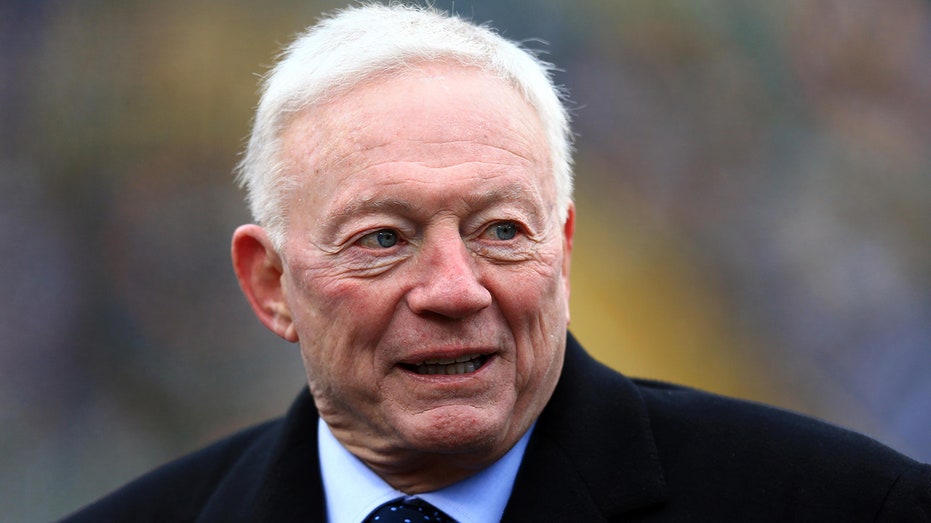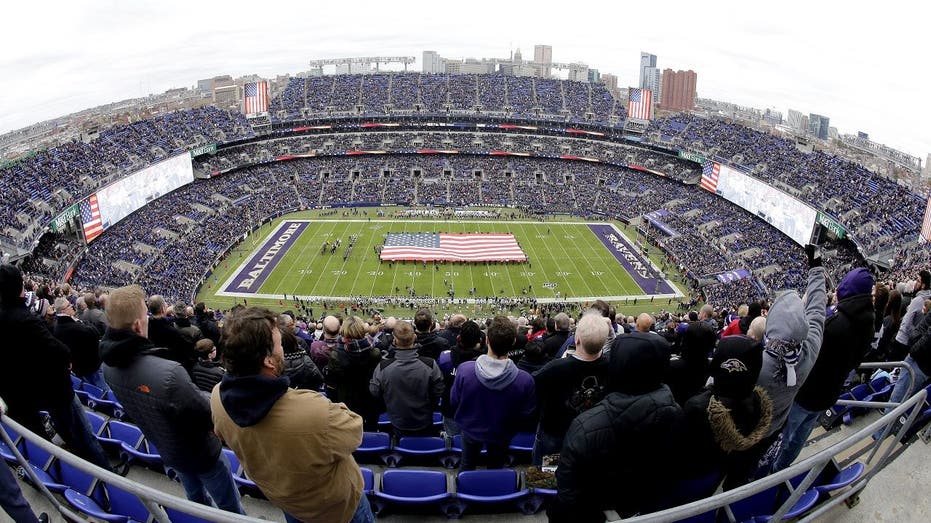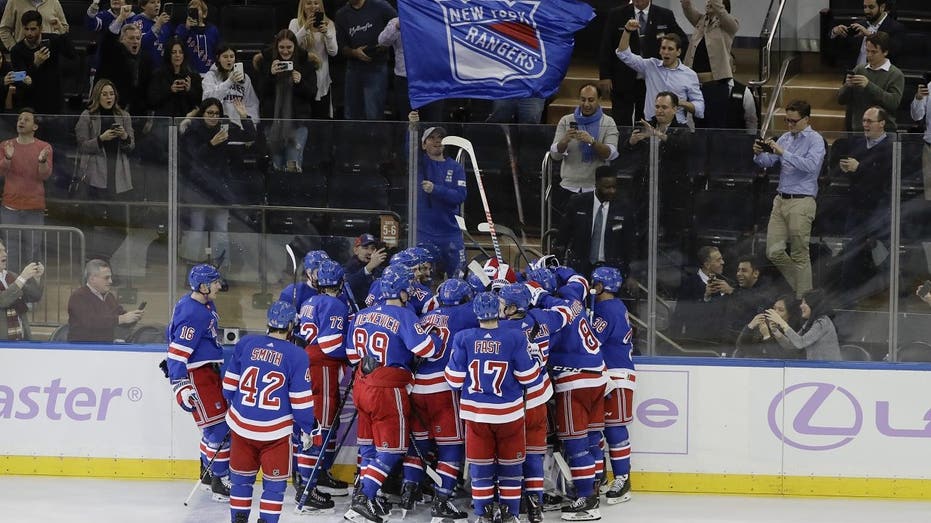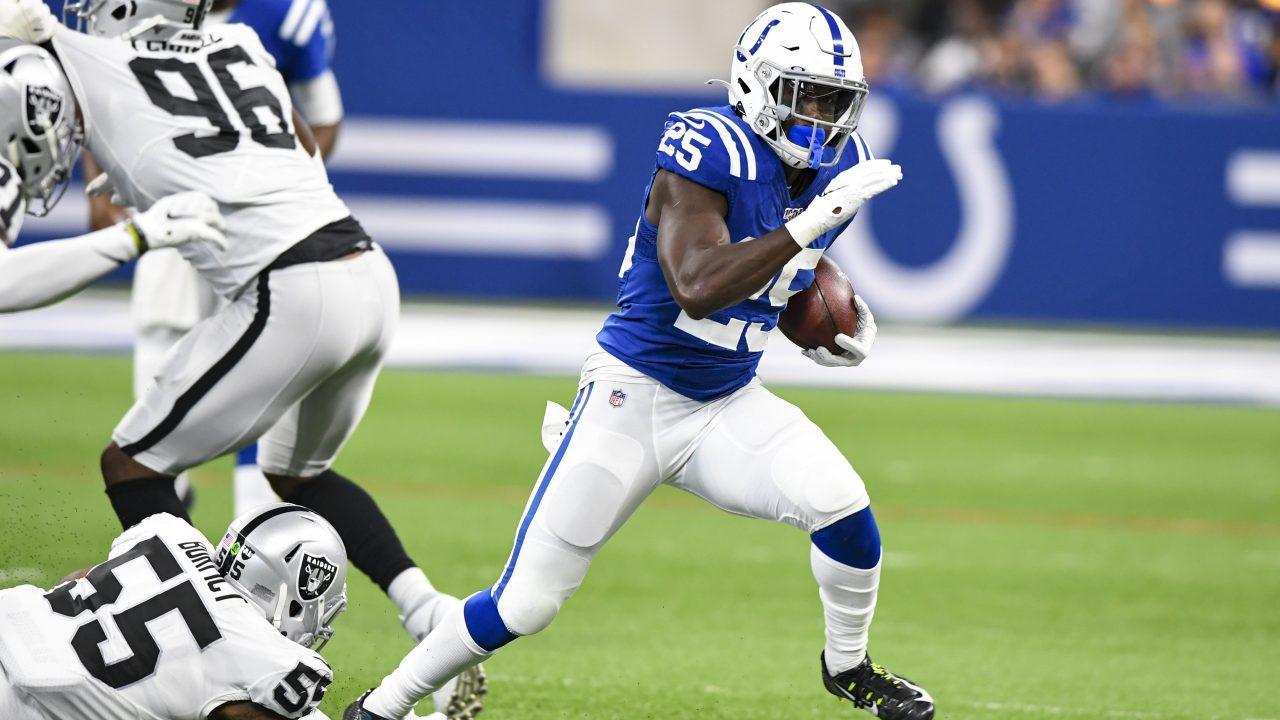Why pro sports team investments are Wall Street's newest play
Multiple leagues could allow private equity firms to invest in their teams and alter the business of sports
This is the first part of a five-part series about how Wall Street investors and private equity firms are impacting the value, ownership and state of America's sports.
A pro sports ownership landscape that once belonged to regional business magnates and families with relatively modest fortunes is now essentially closed to all but the wealthiest individuals in the world. For private equity firms, that financial reality could lead to a sports-related windfall in the near future.
Gone are the days of Tim Mara, the founding owner of the New York Giants and forebear of the National Football League, who famously paid $500 to purchase the franchise in 1925, or commodities tycoon Jerry Jones, who paid just $140 million to buy the Dallas Cowboys in 1989.
Even taking inflation into account, Mara's $500 investment would translate to $7,532 in 2019 -- not even enough to cover the cost of some season ticket packages in the NFL. The Cowboys are now worth $5.5 billion, accounting for more than half of Jones' net worth.

Reuters
Team valuations are reaching record heights across all four major sports, driven by multibillion-dollar media rights deals, massive state-of-the-art stadiums and the ever-growing appeal of professional sports as live content. A 10 percent stake in a top franchise can cost tens or hundreds of millions of dollars – a steep price for an individual writing a check, but reasonable for an investment vehicle with multiple backers.
AMAZON CEO JEFF BEZOS INTERESTED IN NFL'S SEATTLE SEAHAWKS
"What appears to be developing is the concept of a private equity pool," Steve Ryan, a sports industry consultant and former CEO of the NHL's Pittsburgh Penguins. "Conceptually, the fund could step back and, if it wanted to take a limited partnership that was available in a team – 5 percent, 7 percent – they would have the resources to do it."
The average NFL franchise is now worth close to $3 billion, according to Forbes’ calculations. The average valuation for NBA and MLB teams is approaching $2 billion, but much higher for top-tier organizations.
For private equity, the potential benefits of investments in pro sports franchises are twofold. If team valuations continue their historic rate of appreciation, a small stake in the right franchise will yield a massive return within a decade, even before annual profit distributions.

M&T Bank Stadium in Baltimore. (AP Photo/Julio Cortez)
Professional sports are also one of the few stable forms of content in the age of cord-cutting, drawing large live audiences in an era when more and more customers are turning to streaming services rather than cable services. Consistent and loyal live audiences are attractive to advertisers and virtually assure that future media rights deals will grow even larger than the billion-dollar arrangements of years past.
For existing owners of professional franchises, private equity firms would provide a new pool of potential investors for limited partnerships that are often difficult to sell at the desired price. Minority stakeholders are not involved in team operations and mostly rely on perks, such as courtside seats or access to players, to justify their initial investments.
GET FOX BUSINESS ON THE GO BY CLICKING HERE
Of the four major U.S. sports leagues, only the NFL has a rule requiring that individuals, not firms, hold ownership stakes. The MLB and NBA are actively exploring methods for private equity firms and investment funds to pursue minority ownership of their franchises. The NHL has no rules barring firms from holding principal ownership stakes in its teams, though its large base of Canadian franchises would complicate the process for U.S. firms.

(AP Photo/Frank Franklin II)
The economics of the "Great White North" are challenging. The Canadian dollar -- also known as the "loonie" -- today is worth 75 cents in U.S. currency. Canadian franchises generate revenues in Canadian dollars but pay players in U.S. greenbacks. Travel and operations expenses often put extra financial pressures on NHL teams.
Historically, sports leagues have been wary of investments from financial firms, preferring to deal with wealthy individuals who are personally accountable for their team’s governance and financial performance.
CLICK HERE FOR MORE SPORTS COVERAGE ON FOXBUSINESS.COM
Today through Sunday, FOX Business will break down how each of the four major U.S. sports leagues has traditionally approached the possibility of private equity investment, as well as how league officials are adapting their rules to accommodate a potential influx of Wall Street cash.
Tomorrow: Part two of "Changing the Game" will look at how the National Football League has blocked most Wall Street and private investments, but others have developed game plans to try and score in pro football.




















